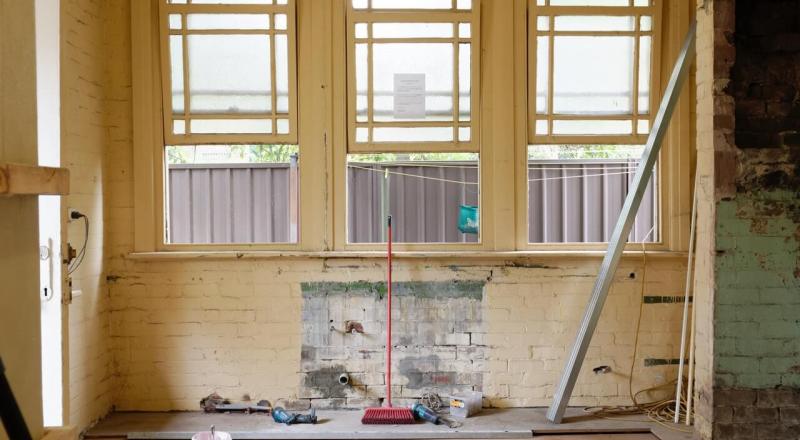Do you want to purchase and rehab real estate? You might find a fix and flip loan useful. Fix and flip deals are wonderful sources of income but you must have sufficient capital and adequate planning.
Knowing the right funding source is critical if you want to renovate a house and sell it at a profit. How do you get started? What steps do you need to follow when flipping houses? Find out below.
Getting started
The idea of becoming an established house flipper is exciting. But you need more than passion to succeed. There are critical factors you must consider to start on the right foot. You don't want to waste time focusing on the wrong stuff. Check out a few tips that will keep you on the right track.
- Create a solid business plan: Proper planning is key in this business. Define your objectives and consider your budget. Also determine the type of real estate you want to specialize in. Be sure to seek professional help.
- Research on potential clients: Who are your target buyers and where can you find them? What do they prefer? Knowing potential buyers, allows you to create a better and more realistic strategy.
- Evaluate the market: Where do you want to buy your house? Get a thorough understanding on prices and trends. Find out from the pros if there are major developments underway. How long will you need to wait for your property to sell after listing? This information helps in making informed decisions and devising sale strategies.
- Source finances from the right places: The best source for house flipping capital is a hard money loan. Applying for a bank loan can take too long. You need a private mortgage lender who will approve and release funds in a couple of days. It is one of the best ways to start a house flipping business.
What is the cost of flipping a house?
Did you know that you need more cash to flip a property than actually buying a house? This is because there are renovation costs in addition to the capital for becoming a property owner. Plus, you will incur utility bills, the homeowner's insurance, and property taxes after rehab until the final sale.
Depending on your income tax bracket, short-term capital gains are taxed 10-37% on any profits earned on any property you flip in 12 months. Without sufficient funds, it's not easy to get started on house flipping. Not unless you make a huge down payment.
Even if you qualify a loan after putting money down, you still need more interest to finance a fix and flip deal. Lenders perceive flippers as high-risk borrowers. Moreover, they don't like working with flippers who are green in this niche.
Generally, hard money lenders prefer working with borrowers who have a proven track record of selling real estate. But this should not worry you if you've just started.
Flipping with a hard money loan
Experts purport that hard money got its definition from the fact that it's costlier than traditional loans. Others suggest that it is hard money on the basis that conventional lenders find it “hard” to finance. Yet, we have people who insist that it's hard money in the sense that the collateral used is a hard asset i.e. real estate.
If you borrow hard money to fix and flip a property, expect to be charged 2 to 4 points. A single point is equivalent to 1% of the total loan amount. Suppose you need $100,000 and you are charged 2 points, you'll pay: 2% of $100,000 = $2,000
Fix and flip loan lenders base the loan amount on the value of your house after renovation, i.e. the ARV; After Repair Value. If you want to buy a house at $100,000 but the value increases to $150,000 after repair, you may borrow up to 70% ARV ($105,000) on average. So, after paying off the $100,000, you will be left with an extra $5,000 to cover some of the closing fees. This is in comparison with the LTV, which means, Loan to Value; a metric used when considering the current value of the property.
If you negotiate with the seller, they may agree to pay some of the closing fees including rehab costs, real estate agent commission, marketing, and lender fees. Remember there's a $2,000 fee in points and they will take up a significant percentage of the $5,000 budget. If your interest rate for 6 months is 12%, then the total interest cost on $5,000 will be $300 only.
Bottom line
House flipping is constantly rising due to the increasing accessibility of financing. When seeking rehab/fix & flip loans, conduct due diligence. Determine if the lender is a good choice for your current financial needs.
With conventional mortgage, you pay the down payment and the points at closing. However, you don't have to worry about this burden because you only make a lump sum payment at closing. This is one of the softest things about hard money loans for fix and flip.
Let us find hard money lenders to fund your flip by quickly answering just a few questions about your investment. You will get matched up with lenders willing to issue you a loan based on your specific criteria.











